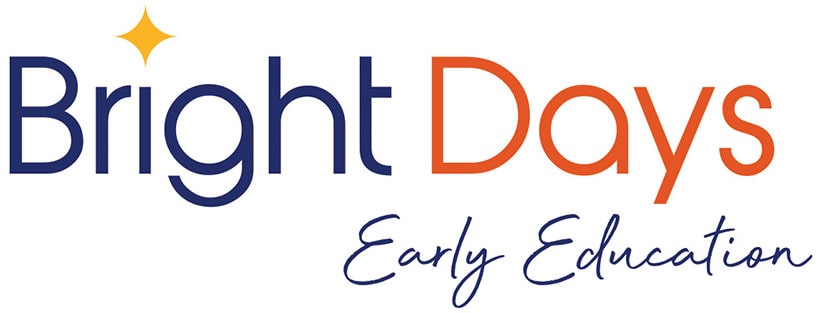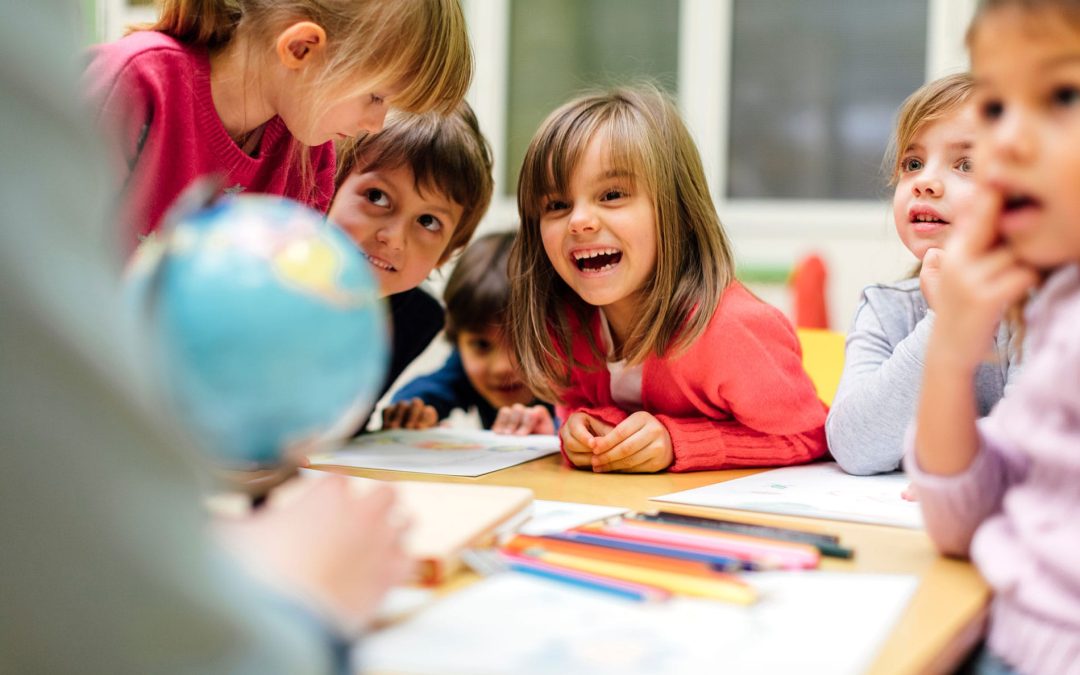The decision to enrol your child in childcare is a significant step in their early years, marked by both excitement and apprehension. While childcare offers numerous developmental benefits, it’s important to recognise that this transition can also influence your child’s behaviour. Understanding what to expect and how to respond will help you navigate this period smoothly. In this article, we’ll delve into the impact of starting childcare on your child’s behaviour, shed light on common changes, and provide insights on how to respond effectively.
Anticipating Behavioral Changes
- Separation Anxiety: One of the most common behaviours when starting childcare is separation anxiety. Your child may experience distress when you leave them at the childcare centre. This is a normal reaction and can gradually diminish as they become more accustomed to the new routine.
- Adjustment Period: Just like any significant change, starting childcare can lead to an adjustment period where your child may display behavioural changes like clinginess, mood swings, or changes in eating and sleeping patterns.
- Social Interaction: Childcare introduces your child to a new social environment. Initially, they might be shy or hesitant to interact with peers and caregivers. Over time, they’ll likely become more comfortable and start building friendships.
- Emotional Expression: Some children may exhibit heightened emotions during the transition. This could manifest as increased tantrums, frustration, or even regression in certain developmental milestones like potty training.
Responding Effectively
- Patience and Empathy: Understand that behavioural changes are normal during this transition. Approach your child with patience and empathy, acknowledging their feelings and offering reassurance.
- Consistency: Maintain a consistent routine at home. Consistency provides a sense of stability amidst change and helps your child feel secure.
- Gradual Introduction: If possible, consider a gradual introduction to childcare. Start with shorter hours and gradually increase them as your child becomes more comfortable.
- Positive Reinforcement: Acknowledge your child’s efforts in adjusting to childcare. Praise their bravery, and celebrate even small achievements in socialising and adapting to the new environment.
- Open Communication: Keep communication lines open with your child’s caregivers. Share insights about your child’s behaviour at home and be receptive to their observations and suggestions.
- Transition Object: Allow your child to bring a comforter from home, like a stuffed animal or blanket, to provide them with a sense of familiarity.
- Model Behavior: Model positive behaviour when saying goodbye or interacting with caregivers. Your child will observe your reactions and cues and learn from them.
- Quality Time: Spend quality time with your child when you’re together. Engage in activities they enjoy, and create a strong bond that assures them of your love and presence.
Conclusion
Starting childcare is a significant developmental milestone for your child, and it’s natural for them to exhibit behavioural changes during this transition. By understanding the common behaviours that can arise, maintaining empathy and patience, and responding with effective strategies, you can support your child in adapting to their new environment.
Remember that every child’s journey is unique, and while challenges may arise, they often pave the way for personal growth, enhanced social skills, and increased independence as your child embraces their childcare experience.

